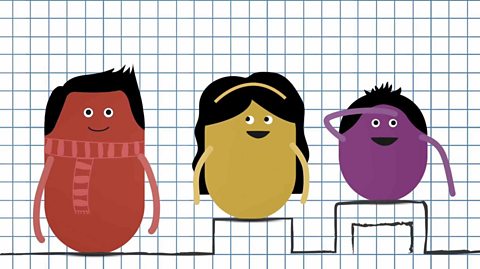Changing the world?
Participating in the democratic process is the best way you can create the world you want to see.
Letтs look at some of the ways that you can engage in politics and make democracy work for you.
Doing it yourself
Many people feel let down by politicians.
As a result, they have been inspired by the old saying тif you want to do it right, youтve got to do it yourselfт and have applied it to building the society they want to live in.
How are they doing it?
Well, there are charities and non-government organisations (NGOs) that perform all sorts of jobs in our society.
Examples of NGOs which focus on an issue like poverty at a local, national and international level are Save the Children (aimed at child poverty), War on Want and Oxfam.
There are organisations devoted to improving healthcare, preserving the environment, helping the homeless, supporting women and children, or welcoming migrants.
Examples of these include Aware NI (mental health), Keep Northern Ireland Beautiful (Environment), the Simon Community and Shelter NI (homelessness), and the Northern Ireland Community of Refugees & Asylum Seekers (migrants).
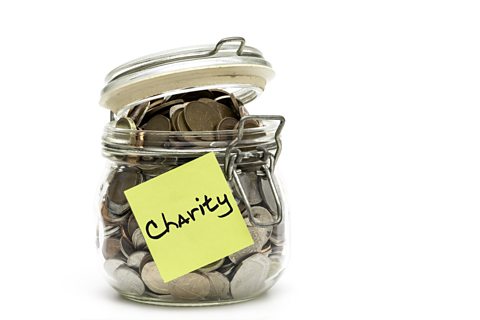
Start local
Local groups and associations are great ways to help people in a community connect with each other.
These groups may organise community events like fУЊtes and markets, support the local sports team or bring people suffering from ill health together.
However, not everyone has the time to commit to active participation in charities and groups.
That doesnтt mean you have nothing to contribute.
Every effort needs money, and helping to raise those funds is an important job.
You might ask your friends and relatives to sponsor you for a fun run or read-a-thon.

Get involved
Even if you are too young to vote in regional and national elections, you can still get directly involved in school politics.
Schools in Northern Ireland have school councils which are groups of students who advise the administration on student issues.
Why not run for a position on the school council yourself?
You can then help shape your school in a meaningful way.
What can you do to influence government?
If you have concerns about a law that is being passed in Parliament, in the Northern Ireland Assembly, or in your local council, you can write to your representative and tell them about it.
You can put extra pressure on elected representatives by getting in touch with the media about your story.
You can contact local newspapers like the Belfast Telegraph, Irish News and News Letter or radio and television stations.
If your issue has relevance to the whole country you could get in touch with national media like The Telegraph, The Guardian, or the ТщЖЙдМХФ.
They might contact you to cover your story, or ask you to be a source for a story theyтre already running.
Most newspapers have a тletters to the editorт section. If you read a story that speaks to you, why not speak back?
Not all letters are published, but if you bring a new perspective to a story you might find yourself in print.
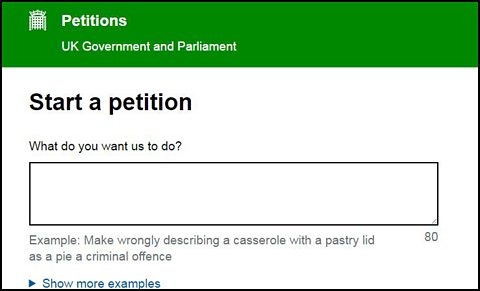
Making the government listen
One of the best ways to get them to hear us is through a petition.
A petition is a letter that explains our problem with a law or policy, signed by people who agree with us.
The more signatures on the letter, the louder it speaks.
If a national petition reaches 100,000 signatures, it must be considered for a debate in Parliament.
Think about the decisions we make every day over what we should buy.
These small decisions add up and help to shape the world at large.
You can think about your purchases as voting with your money.
Political activists sometimes call for a boycott of goods that are produced in unethical ways.
A boycott is a refusal to take part in, buy or use something in order to show disapproval or make a change.
A good example is ivory.
Ivory is made from the tusks of elephants which are an endangered species.
Ivory boycotts brought the governmentтs attention to the problem of elephant poaching, and led to the introduction of laws to restrict ivory sales.
Some ivory sales are still legal in the UK, and activists are pressuring government to introduce a total ban.

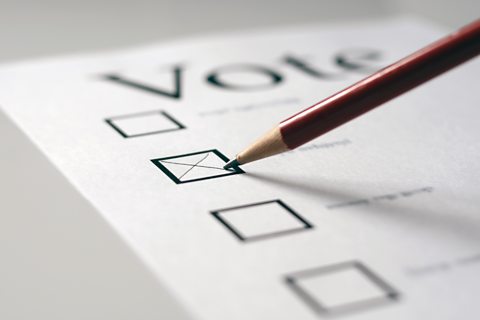
You don't vote? You don't matter.
People often complain that the big political parties do not represent their interests.
But political parties focus on making voters happy.
If young people donтt vote, they wonтt get the attention of politicians.
Many people do not get involved in politics. They donтt feel that politicians represent their interests.
Thatтs exactly why itтs important that they vote.
Politicians may often make laws and policies focused on helping the people they think will vote.
They tend to ignore the people who donтt.
You can make society fairer by encouraging people to get to the polls.

Playing your part
Taking part in democracy has a range of benefits for everyone, especially young people.
Playing your part can help ensure that you live in a stable and safe society with a sound economy.
You can shape the type of society we live in by voting for the party that best represents your views.
When young people take an interest in politics and make the time to vote, the healthier our democracy.
There are specific issues that canтt be left only to older people to decide, such as:
- university fees;
- employment;
- leisure facilities;
- education.
More on Local and global citizenship
Find out more by working through a topic
- count1 of 5
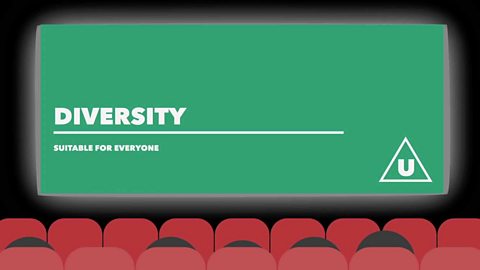
- count2 of 5
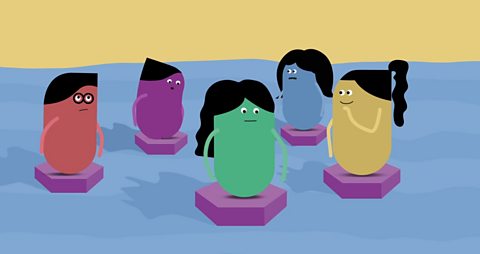
- count3 of 5
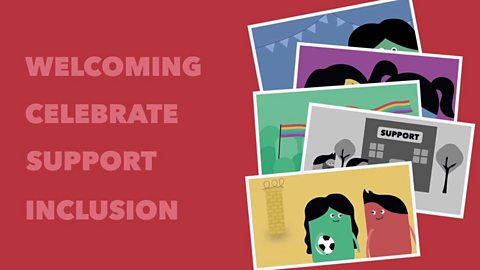
- count4 of 5
